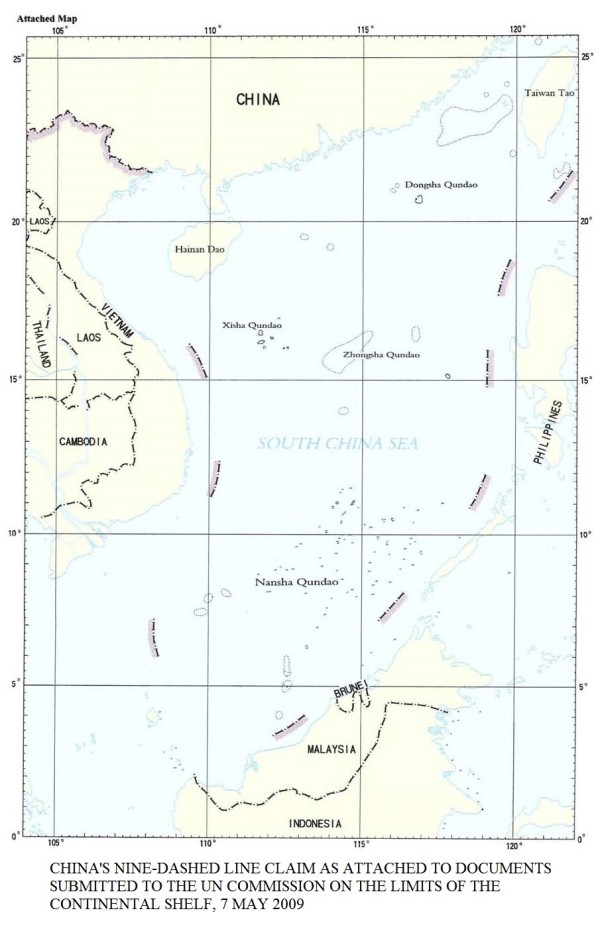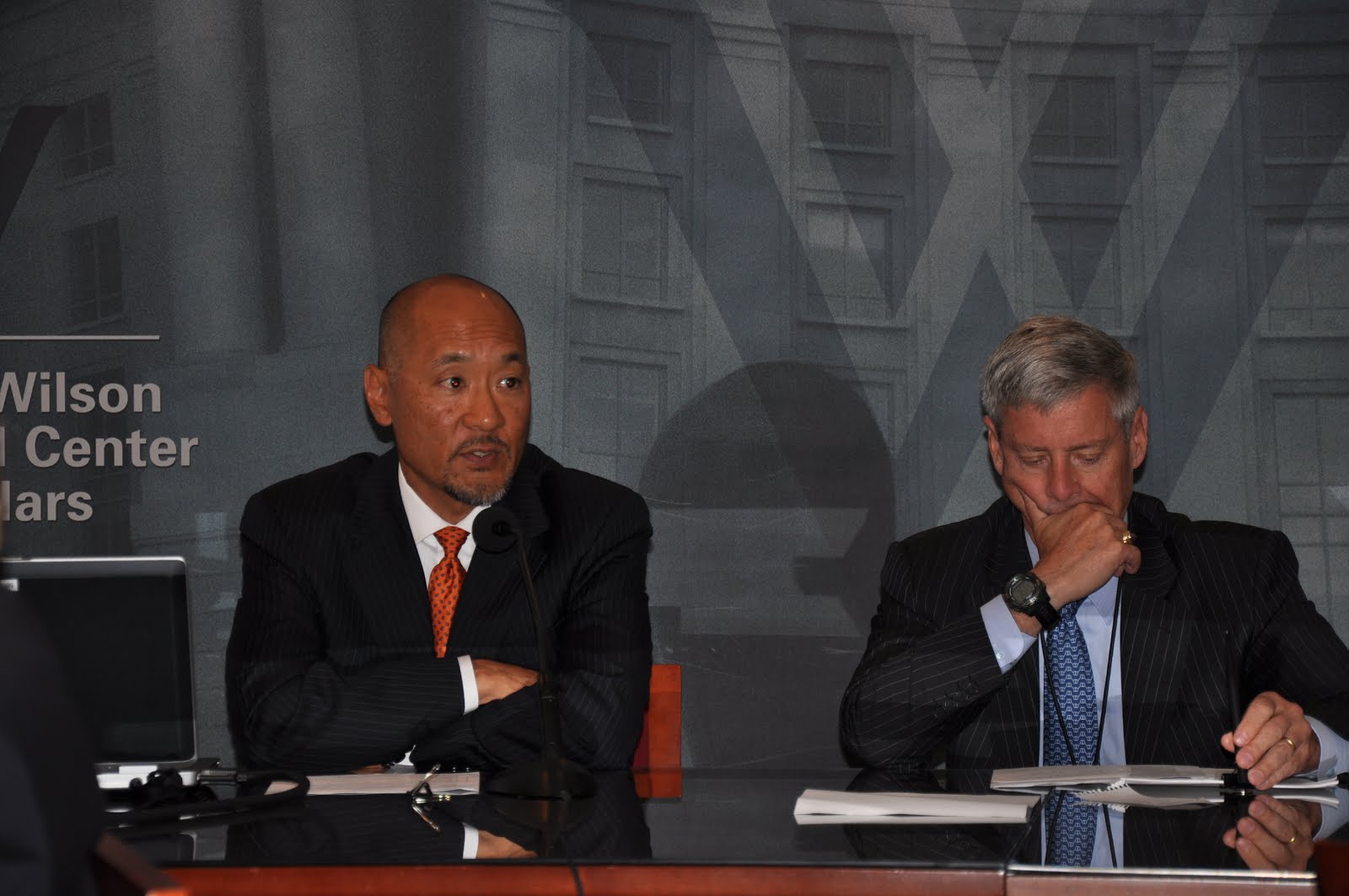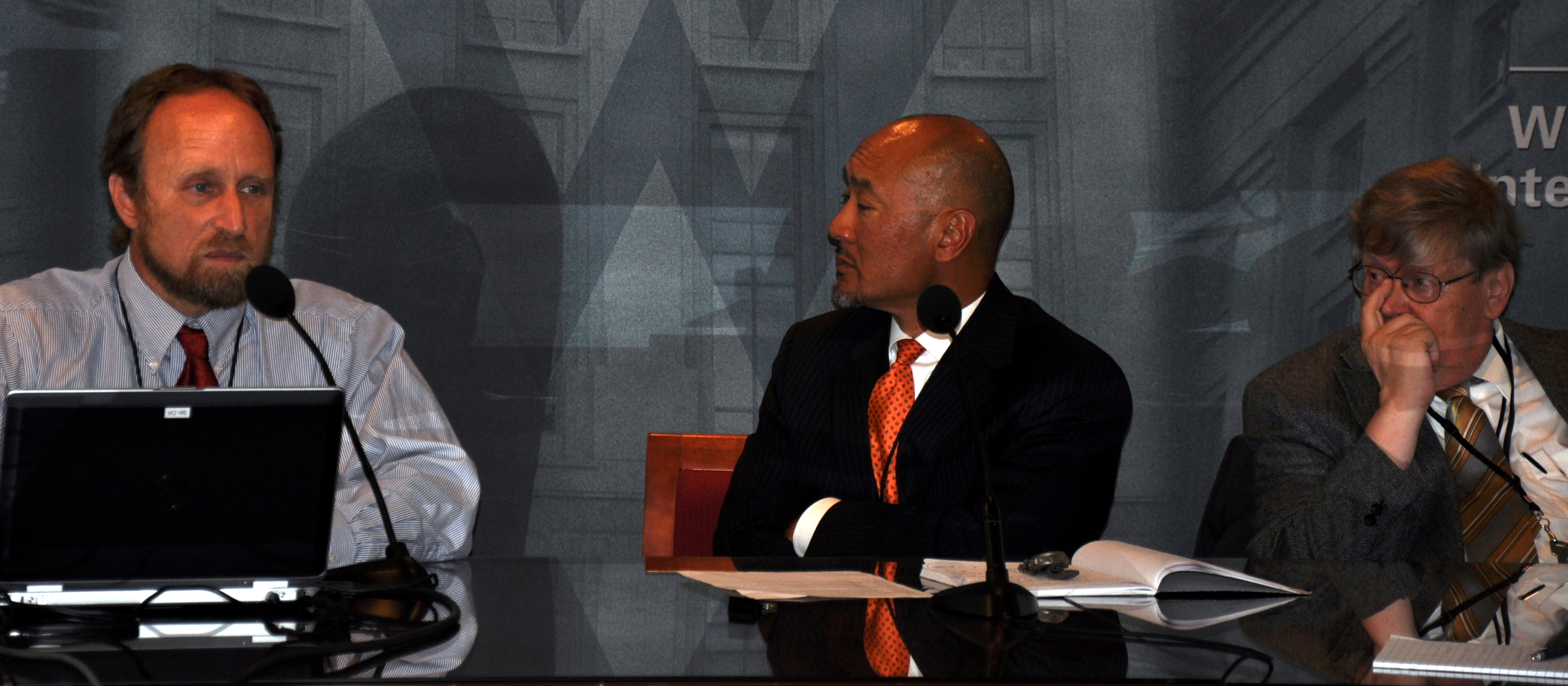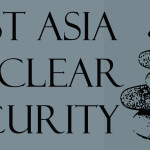Daily Report Archives
Established in December 1993, the Nautilus Institute’s *N*ortheast *A*sia *P*eace and *S*ecurity *N*etwork (NAPSNet) Daily Report served thousands of readers in more than forty countries, including policy makers, diplomats, aid organizations, scholars, donors, activists, students, and journalists.
The NAPSNet Daily Report aimed to serve a community of practitioners engaged in solving the complex security and sustainability issues in the region, especially those posed by the DPRK’s nuclear weapons program and the threat of nuclear war in the region. It was distributed by email rom 1993-1997, and went on-line in December 1997, which is when the archive on this site begins. The format at that time can be seen here.
However, for multiple reasons—the rise of instantaneous news services, the evolution of the North Korea and nuclear issues, the increasing demand for specialized and synthetic analysis of these and related issues, and the decline in donor support for NAPSNet—the Institute stopped producing the Daily Report news summary service as of December 17, 2010.

Mark Valenica sets out the kind of statement China could issue in order to ‘clarify its position regarding its maritime claims and actions in the South China Sea.’ Valenica writes ‘For China such a statement would indicate it has “risen” and is ready to challenge the existing world system and contemporary interpretations of international law—if necessary to protect its interests.’
Mark J. Valencia is a Visiting Senior Scholar at the National Institute for South China Sea Studies, Haikou, China.
Go to the article

In his piece on the insanity of pursuing nuclear power, Nikhil Desai asks “How many billions of dollars have to be bet, and how many lives put at risk, in order to learn, and re-learn lessons of nuclear power?”
Nikhil Desai is the Energy Security contributor for the NAPSNet Weekly report.
The views expressed in this report do not necessarily reflect the official policy or position of the Nautilus Institute. Readers should note that Nautilus seeks a diversity of views and opinions on significant topics in order to identify common ground.
Go to the article

Philip Yun writes: “While the actual events leading to a unified Korea are virtually impossible to forecast, it is safe to assume (barring unforeseen or catastrophic events) that the Korean Peninsula, politically and economically, will eventually come to resemble South Korea’s current democratic government and open-market economy. The question is simply, when? Managing the Korean Peninsula’s transition — from status quo to an unknown, but more peaceful and stable regional Northeast Asian system — therefore becomes essential.”
Philip Yun is the Executive Director and COO of the Ploughshares Fund.
This report was originally presented at the New Approach to Security in Northeast Asia: Breaking the Gridlock workshop held on October 9th and 10th, 2012 in Washington, DC.
Go to the article

Roger Cavazos writes “China’s relationship is complex and richly interconnected with others in the region and the world.… The way China discusses the North Korea issue with many countries indicates that China may seek to change the international system at the margins, but has no interest in fundamentally changing the system. Nor does the U.S.”
Roger Cavazos is a Nautilus Institute Associate and retired US military intelligence officer.
Go to the article

David von Hippel writes: “A regional approach to nuclear materials security could have positive spillover effects beyond a NWFZ. Creating and monitoring a regional nuclear materials regime could be a core function of a permanent council on security established as part of a comprehensive Treaty on Peace and Security in Northeast Asia.”
David von Hippel is a Nautilus Institute Associate.
This report was originally presented at the New Approach to Security in Northeast Asia: Breaking the Gridlock workshop.
Go to the article

At the tenth anniversary of the decision to commit Australian troops to the Iraq war, Garry Woodard of Melbourne University reconstructs the previously unknown, and remarkably casual, process by which the Menzies government committed Australian troops to Vietnam. Woodard argues that the dismaying similarities between the Australian entries into these two wars strengthen the call for an Australian Iraq War inquiry, following those in the Netherlands and the United Kingdom, “in the hope that what is learnt from it will lead to improved procedures for decision-making, under which the government will have to level with the Parliament and the people.””
Garry Woodard is a former Australian ambassador and national president of the Australian Institute of International Affairs and has been a senior fellow at the University of Melbourne since 1986. He is currently working on the Campaign for an Iraq War Inquiry.
Go to the article
Vorontsov writes: “Most media, while painting a vivid picture of North Korea’s militancy, does not help readers to understand why the conflict in Korea is escalating so dramatically. When they do try, they usually name Pyongyang as the instigator of all the troubles, stressing that it was North Korea’s third nuclear test that triggered the “nightmare”. Without any approval whatsoever of Pyongyang’s overreaction to the UNSC Resolution 2094 and its belligerent rhetoric and disproportionate moves, it is urgent to examine the real, underlying causes of what is commonly referred to as “the Korean problem”.”
Alexander Vorontsov is currently the head of the Department for Korean and Mongolian Studies at the Institute of Oriental Studies of the Russia Academy of Sciences and the MGIMO-University Oriental Studies Sub-faculty associate professor.
Go to the article










